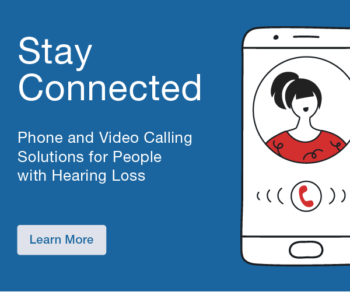School-based environments are important for listening, learning, and socializing. However, these situations can be challenging for students with hearing loss because the situations often include with multiple talkers of interest, background noise, and reverberation. Yet, many of our clinical tools for detecting listening difficulties or monitoring hearing device benefits neglect the complexity and diversity of school-based listening environments. To optimize interventions for school-aged children with hearing loss, it can be beneficial to detect school-based listening situations that are especially difficult and to monitor intervention success in these environments. This presentation will describe the development, validation, and use of a questionnaire, the Vanderbilt Classroom Listening Assessment Short Survey (VCLASS), that can be used to evaluate and monitor listening difficulties in school. Recent research studies using the questionnaire will be described, including the results of studies with school-aged children who have unilateral and bilateral hearing loss. Clinical strategies for using the questionnaire and clinical implications will also be discussed.
Learning objectives:
- Summarize the development steps of the school-based listening questionnaire.
- Define the types of listening situations expected to be the most difficult for school-aged children in school-based environments.
- Describe two clinical uses for the school-based listening questionnaire.



